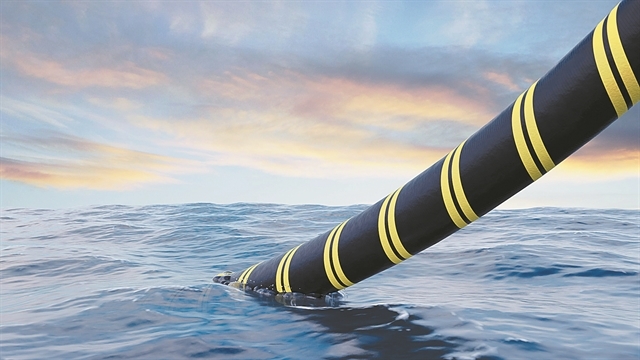The head of Greece’s Independent Power Transmission Operator (IPTO or ADMIE) on Wednesday sounded “warning bells” over the prospect of connecting the power grids of Israel to Cyprus and Greece, part of the highly ambitious Great Sea Interconnector project, as he cited a recent decision by Cyprus’ Energy Regulatory Authority (CERA)
Speaking to the Cyprus News Agency, IPTO CEO and chairman Manos Manousakis said a decision by CERA, “which was announced yesterday to IPTO, makes the Great Sea Interconnector project unsustainable…This reversal creates a negative present value of more than 100 million euros for the project; it creates an issue of legal uncertainty for the investment and trust in administrative decisions and must be revised immediately in order for the project to continue. We are in consultation with CERA to file a revision motion in the next few days.”
He also warned that the fallout from the Cypriot regulatory authority’s sudden decision means that no investor could become a shareholder in the project, and, without mincing his words, said that unless it is reversed in the coming days “the project will stop”.
Finally, the IPTO CEO said another result will be the loss of an opportunity to reduce high power prices now paid by Cypriot consumers.
Saudi Greek Interconnection SPV
A negative news came a day after a more auspicious development, with the establishment of the special purpose company to be called “Saudi Greek Interconnection” for conducting a feasibility study related to the implementation of the Greece-Saudi Arabia electricity interconnection. The latter was signed by Manousakis and the CEO of Saudi Arabia’s national grid, Waleed Al-Saadi, during an event held at the operator’s headquarters in Athens.
Within the framework of the agreement, the two electricity transmission grid operators signed the shareholders agreement last September in Athens, by which IPTO and the Saudi National Grid will each hold a 50% stake in the special purpose company (SPV).



